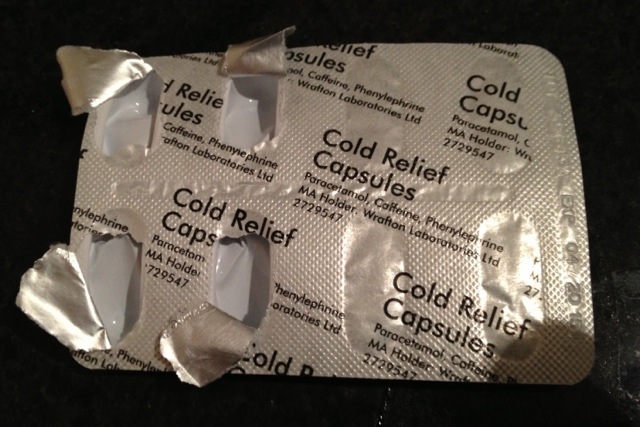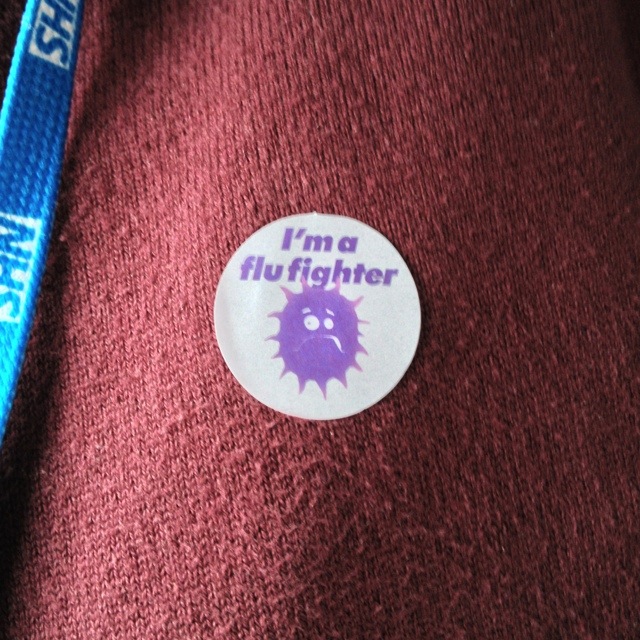Knowledge and understanding

I recently finished reading Don Bartlett’s translation of A Death in the Family, which is the first volume of Karl Ove Knausgård’s radically honest autobiography. It took me a long time to get through this book (around three months) because I found it so intense that I had to read sections at a time, interspersed with other books. Nonetheless, I thought it was a masterpiece.
Roughly halfway through, Knausgård writes:
There is no one who does not understand their own world. Someone who understands very little, a child, for example, simply moves in a more restricted world than someone who understands a lot. However, an insight into the limits of understanding has always been part of understanding a lot: the recognition that the world outside, all those things we don’t understand, not only exists but is also always greater than the world inside.
This caused me to reflect for quite a long time and stimulated a couple of thoughts to jot down here.
The description of people understanding their own world and being restricted to the world they understand is fascinating. I think there are lessons in that formulation for public health. People frequently make choices which are, by any objective measure, bad for them: smoking, refusing vaccinations, drinking a G&T while blogging. But taking action which is objectively harmful isn’t necessarily irrational, and we often forget that.
If someone’s understanding of their world is that vaccinations cause harm to children, then refusing vaccination is a rational choice in line with their understanding. Their understanding is wrong, but they are acting rationally within the limited world in which they move. If we are to effectively influence the behaviour, then we need to inhabit the world to understand the rationality of the choices people are making. Unpicking the reasons for the incorrect understanding and setting about correcting it is likely to lead to greater success than lecturing people.
At work, there is a sign in the lift which reads “Could you have taken the stairs?”. The answer for me is invariably “no”—I only take the lift when I’m unable to take the stairs—and every time I see the poster I get mildly annoyed at its accusatory tone. It also seems unlikely that it changes anybody’s behaviour, given that it is only seen after someone has decided not to take the stairs. It’s a poster that doesn’t have any effect on anyone’s understanding, nor does it expand anyone’s worldview.
I realise this is a fairly incoherent ramble (see also the reference to drinking and blogging), but I suppose my point is that public health interventions should try to be less preachy and more practical.
In professional life, it isn’t uncommon to hear people imploring other people to ask questions if they don’t understand something. “There are no stupid questions” and “If you’re thinking it, someone else is thinking it too” are commonly heard refrains. And yet, professionals often remain frightened to ask questions which they think might reveal a degree of ignorance.
A few years ago, after a particularly tense meeting which had featured the world “I really don’t understand what you’re talking about”, a former supervisor gave me a one-to-one aside of valuable advice which they said it had taken many years to learn: “If someone is coming to talk to me and is so poor at pitching what they say that I can’t follow it, it is my professional responsibility to politely challenge that by asking them to explain themselves. It solidifies my reputation as someone who is engaged, intelligent and listens to what people say.”
This made me pay much more attention to my own and others’ reactions to people asking questions. The first thing I noticed was the frequency with which, when challenged, people often weren’t able to explain their waffle. This is useful because it helps people to make a value judgement about the rest of what someone is trying to tell them. The second thing I noticed was that when people could explain, they were usually happy to do so, and altered the rest of their ‘pitch’ to a more appropriate level. The third thing I noticed was that my respect for the person who asked the question generally increased.
This completely changed my perspective, and I now regularly ask questions which I’d previously have thought might make me look stupid. This took an effort at first, of course, but now comes naturally. Sometimes the questions I ask are bloody stupid and I should know better—but rarely, and when it does happen, it at least gives people a laugh. I don’t know if it’s bolstered my reputation, but it has certainly meant that there are lots of things I now understand that would have otherwise passed me by.
“An insight into the limits of understanding has always been part of understanding a lot”.
I took the photo at the top of this post at Charles de Gaulle airport. It is a chandelier, which has absolutely no relevance to the content of the post. I just thought it was quite pretty.
This post was filed under: Posts delayed by 12 months, Books, Don Bartlett, Health, Karl Ove Knausgård, Medicine, Public Health, Reflections.






